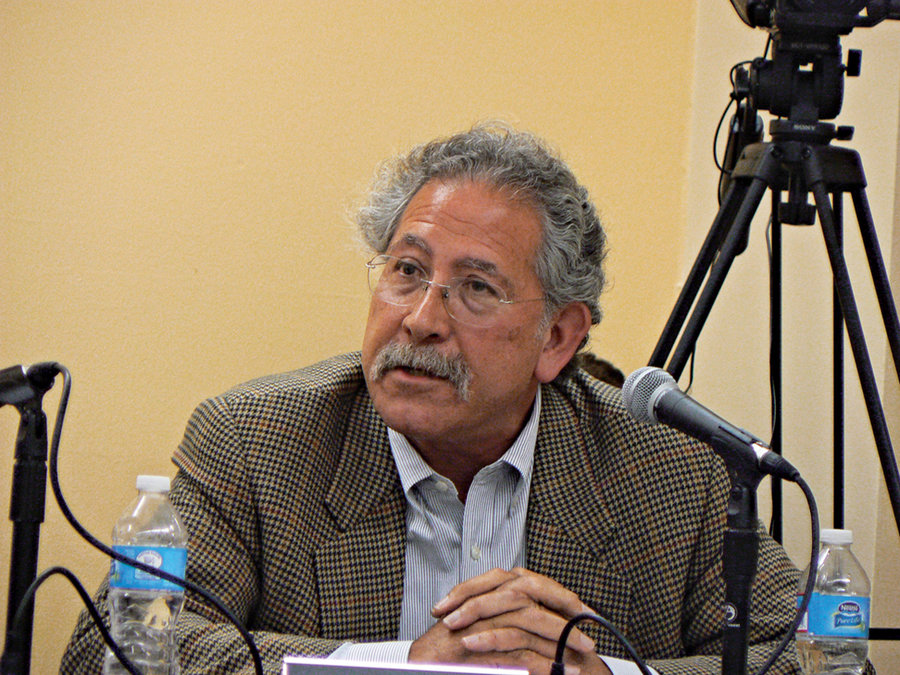An attorney from the state Attorney General’s Office will defend the state Department of Education’s decision to allow a charter school in Hoboken to expand to seventh and eighth grade. The Hoboken Board of Education has been fighting the decision, saying the city’s charter schools take away resources from the other public schools.
Last year, the Hoboken Dual Language Charter School, commonly known as HoLa, sought an expansion to seventh and eighth grade from the state. They were approved in March, but the Board of Ed appealed.
The appeal was dismissed before the state Commissioner of Education, but will still be heard before a state appellate court.
After Assistant Commissioner and Chief Innovation Officer Evo Popoff ruled in favor of HoLa in March, the Hoboken school board argued that Popoff did not have the authority to approve HoLa’s expansion as an assistant commissioner, and that the approval was “arbitrary and capricious.” The board sought a ruling from the commissioner himself.
On July 23, David Hespe, New Jersey’s acting commissioner of education, wrote a memo stating that his predecessor Christopher Cerf had “designated Popoff to act on his behalf in all matters relating to the 2013-14 charter renewal cycle.” As such, Popoff’s decision represented a final agency decision that could only be challenged in appellate court.
Hespe’s letter order did not address the Hoboken Board of Education’s claims that Assistant Commissioner Popoff ignored the segregative effect and educational impact charter schools like HoLa have Hoboken’s non-charter public school students. Hoboken education officials have made the case that even though the student body is chosen by lottery, the schools end up segregating students in town.
Segregation stats slide
New data from the New Jersey Department of Education reveals that the level of economic and racial segregation in the regular Hoboken public schools has gradually fallen. Most notably, between the 2012-2013 school year and the 2013-2014 school year, the percentage of students in the district eligible for free and reduced price lunch (FRPL), a common proxy for low income status, fell from 71 percent to 49 percent.
Every Hoboken elementary school saw individual decreases in the presence of FRPL students, and at Brandt Primary School, the percentage of FRPL students fell from 36 percent to 9 percent.
Former Hoboken Superintendent Mark Toback argued strongly that the growth of charter schools increased segregation in non-charter public schools, and his successor Dr. Richard Brockel has reiterated the belief that charters have a segregative effect.
Asked why that effect wasn’t clearly visible in the recent year, Brockel said, “I think that the district may have been doing better in terms of what we can offer kids and I think that some of the population understands that and has begun to see that and has decided to stay.”
One Hoboken public school remains significantly more segregated than the others: Connors Elementary School, which is located in the city’s southwest. Its concentration of FRPL students fell by six points between the 2012-13 and 2013-14 school years, but remains the highest in the district at 88 percent. Its proportion of minority students remained steady at 95 percent. By comparison, the elementary school with the second highest concentration, Calabro, is only 58 percent minority students.
Brockel attributed the imbalance at Connors to Hoboken’s system of neighborhood schools, which draw primarily from the area around them. Connors’ neighborhood is home to Hoboken’s public housing projects, where most of the city’s low income and minority residents live.
Unfair segregation
However, HoLa Board of Trustees President Barbara Martinez said that the district makes choices that keep Connors segregated.
“When you decide that you’re not going to offer after care at Connors but you are going to offer it at Calabro and Wallace,” said Martinez, “what are you saying about the demographic you expect to have in that school?”
In a May Hoboken Reporter story, white parents who live in the city’s southwest cited a need for aftercare for their children when registering for public school.
According to Assistant Superintendent Miguel Hernandez, Connors does have an after-care program, though it differs in composition from those offered at other Hoboken elementary schools. The Family Friendly program at Connors is grant-funded and open to all students, but only runs on Tuesday, Wednesday, and Thursday.
By comparison, the after care at Wallace, Calabro, and Brandt is paid for by the parents that use it and runs all week.
Carlo Davis may be reached at cdavis@hudsonreporter.com.
